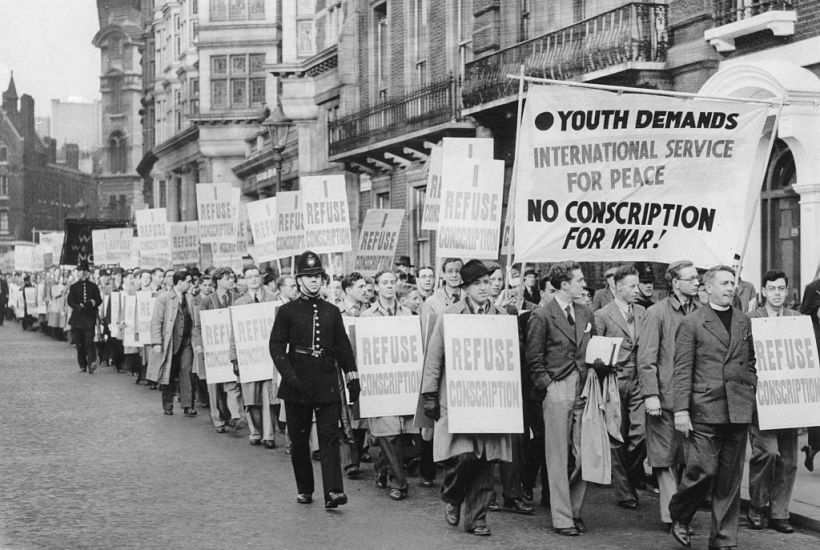‘Don’t mention the war!’ Remember that? Today, war seems nearly all that European leaders want to talk about. The prospect of conflict with Russia is real, and a confrontation seems increasingly likely. That’s why Europe’s political leaders are beginning to discuss, in frank and sometimes alarming tones, the ways their countries should prepare to fight.
Already a subscriber? Log in
Subscribe for just $2 a week
Try a month of The Spectator Australia absolutely free and without commitment. Not only that but – if you choose to continue – you’ll pay just $2 a week for your first year.
- Unlimited access to spectator.com.au and app
- The weekly edition on the Spectator Australia app
- Spectator podcasts and newsletters
- Full access to spectator.co.uk
Or




















Comments
Don't miss out
Join the conversation with other Spectator Australia readers. Subscribe to leave a comment.
SUBSCRIBEAlready a subscriber? Log in